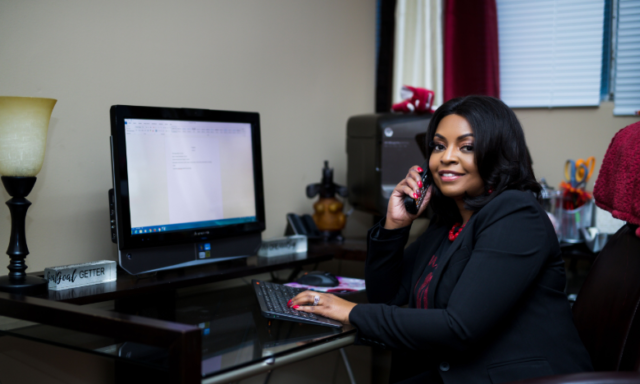
By Ameera Steward
The Birmingham Times
Growing up, Tammy Cauthen, a Birmingham-based counselor, said she was taught a valuable lesson.
“I was told that if anybody ever touched me, I needed to tell,” she said. “But some people don’t have those conversations with their kids.”
More and more people are now having those conversations in the wake of “Surviving R. Kelly”—a six-hour television documentary that aired on Lifetime in January, revealing the accounts of several women who have accused the R&B singer of abuse, including keeping them secluded in a house and controlling them with fear and intimidation. Kelly has denied the allegations.
The explosive docuseries and recent revelations involving other big names—media mogul Harvey Weinstein, actor Kevin Spacey, television host Matt Lauer, and convicted actor and comedian Bill Cosby, among many others—have given some women who have been victimized the strength and courage to speak up.
“With a lot of the stuff that’s going on in the news now, … some of [those women] got the courage [to speak out] because somebody else said something,” said Cauthen. “Some [victims] may never get the courage to really say what actually happened.”
Crystal Mullen-Johnson, a Birmingham-based clinical social worker and therapist, said it’s important to have conversations about sexual abuse both publicly and privately.
“We need to educate our children about their sexual development and explain to them what’s appropriate and inappropriate,” she said. “Even if you’re dating someone that rapes you, you need to understand what’s rape and what’s consensual because that is also minimized.”
DaNella Knight, a Huntsville, Ala.-based clinical psychologist who has been in practice for the past decade, said many of her clients spoke to her about “Surviving R. Kelly,” which she believes parallels the #MeToo movement, an international crusade against sexual harassment and assault.
“Now it’s moved … [and] has kind of been [mixed] in with this whole stream that was already swimming,” Knight said. “[The movement] was already going, and it’s like, ‘Here’s another one. Here’s another case of how we can see … that black women are not being listened to.’ I think that’s a narrative we, even though it’s true, haven’t seen. [Black women haven’t been listened to] in mainstream media for a very long time, probably ever.”
This also is a case of how black lives matter, she said, but not in the sense that has been talked about. The term “Black Lives Matter” usually refers to police brutality, about which there is more freedom of discussion.
“What are we doing in regard to black people in America?” Knight asked. “Are black women being listened to? Are black voices being heard? Do they matter?”
Area counselors have noticed that more women are coming forward.
“There’s strength in numbers. There’s … a sense of safety when [there’s] not just one person alone,” Knight said, adding that sexual assault is “isolating … [because] a person has to deal with the emotions and physiological reactions alone most of the time.”
“When it comes out that other people have [had similar experiences] and there is a whole ‘MeToo’ [movement, a victim can say], ‘Wow, I’m not alone.’ [The camaraderie] … gives other people the strength to say, … ‘If that person could come forward, I can come forward too,’” she said.
Victims sometimes must deal with a skeptical public.
“I think a lot of things don’t make sense to the lay public—people who are not in the field of therapy or trauma recovery and people who do not have a history with sexual assault,” said Knight. “A lot of things people with a sexual assault history say or do … don’t seem to make sense. People who have been trained in this area, [however], will say, ‘That rings true to me.’
“For example, when one of Cosby’s alleged victims remembered, ‘I can still hear the sound of his belt buckle when it hit the floor,’ [many in] the public asked, ‘If she remembers his belt buckle hitting the floor, [why can’t] she remember what day of the week it was?’ or ‘[Why] doesn’t she remember what time it was?’”
Knight explained that the victim’s fractured recollection makes sense: “From an evolutionary standpoint or just a survivalist standpoint, it doesn’t make sense to remember the time of day … or the day of the week. But … hearing a belt buckle hit the floor … kind of cues the brain, giving it that sensory memory of ‘Run! Get away!’ like there’s danger. [That particular memory provides] sensory information.”
Counselors said they believe more women should be willing to share their stories because transparency can help heal the wounds that stem from sexual assault.
“Your voice needs to be heard because you are worthy,” Mullen-Johnson said.
Surviving Sexual Abuse: Counselors on the lasting effects of trauma women face
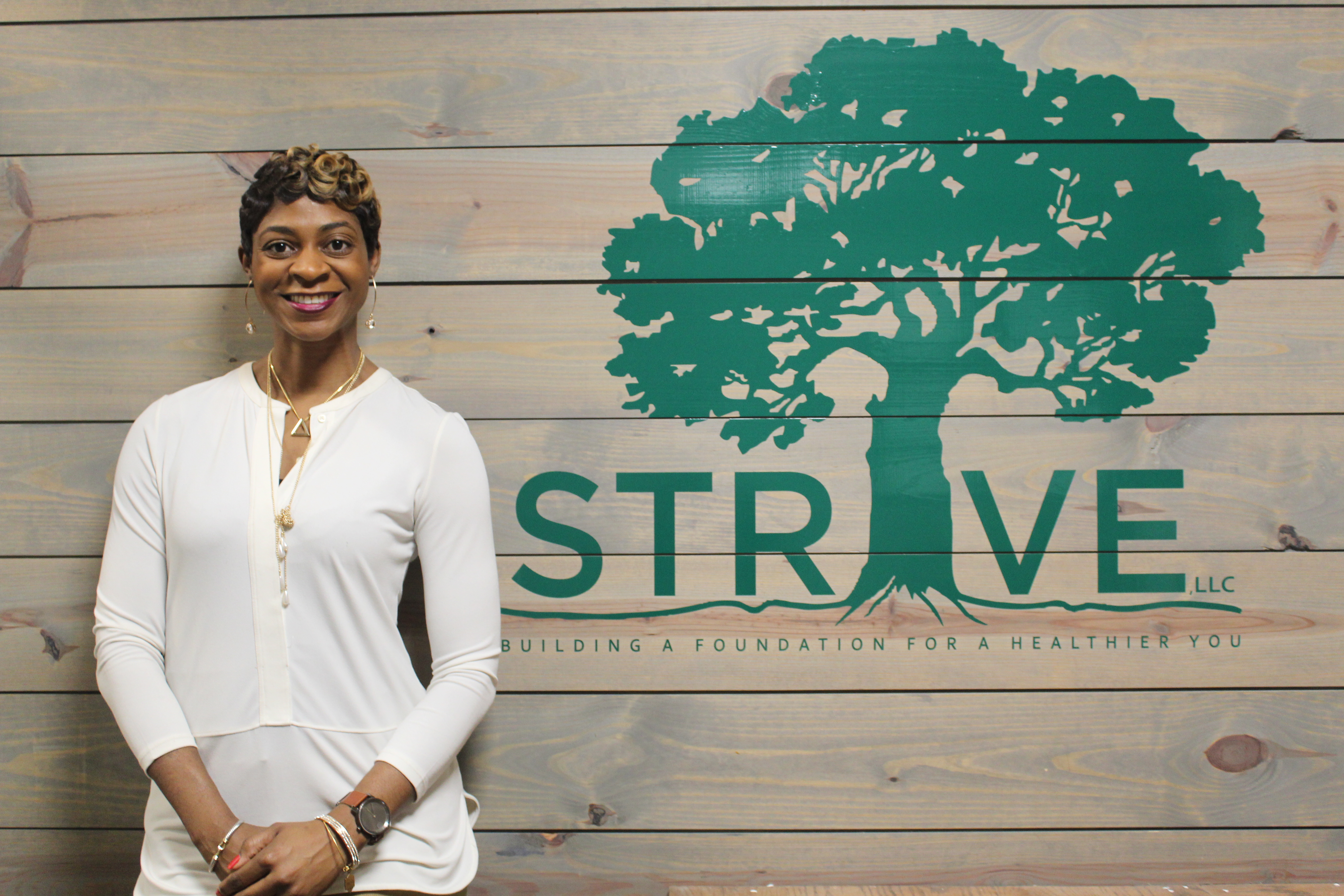
By Ameera Steward
The Birmingham Times
Surviving sexual abuse
Gone are the days of silence and shame in the face of sexual assault and misconduct. America is slowly adapting to a new narrative for survivors of sexual abuse—one that empowers, vocalizes, and offers cathartic relief.
With there being strength in numbers and solace in solidarity, the country has taken a stance in support of the growing movement to lift the veil of secrecy and denial surrounding sexual abuse and sexual predators. #TimesUp, say African-American artists, such as actresses Kerry Washington and Viola Davis, film director Ava Duvernay, and mogul Oprah Winfrey. #MeToo, says activist Tarana Burke.
As silence now equates complicity, silence further cultivates a society ignorant of how sexual assault is so deeply woven into the fabric of America and the lives of women and children. In the wake of “Surviving R. Kelly”—a six-hour television documentary that aired on Lifetime in January, revealing the accounts of several women who have accused the R&B singer of abuse, including keeping them secluded in a house and controlling them with fear and intimidation—women across the country and here in Birmingham have expressed how some of the victim’s stories brought back painful memories of their own traumatic pasts.
The impact is undeniable.
Social conversations continue to expose the need for social change to challenge the norms of yesteryear regarding child molestation, sexual assault, predatory behavior, and statutory rape. The Birmingham Times recently spoke with a group of survivors who have endured the trauma of sexual abuse and courageously stepped forward to share their stories as they navigate the road to recovery.
This is the second of two parts. The first part, which was published on Thursday, January 31, featured interviews with sexual abuse survivors and is available online at www.birminghamtimes.com.
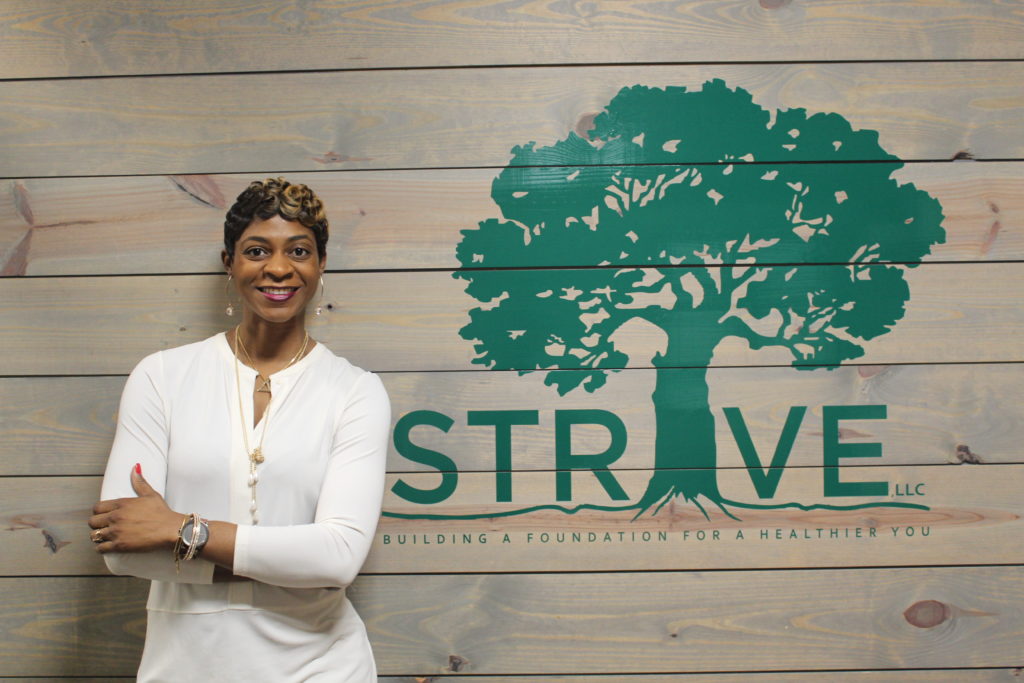
“Surviving R. Kelly,” which aired on the Lifetime television network in January, did more than shock millions of viewers, some of whom identified with the alleged victims who spoke out about the trauma they say they endured with the R&B singer. The explosive docuseries also left an indelible impression on the many professionals who treat sexual abuse victims.
According to statistics from the “Black Women’s Blueprint,” 60 percent of black girls experience sexual assault by the time they reach 18; that’s more than 25 percent of the national average.
And, the “Status of Black Women Report” notes, “African-American women experience significantly higher rates of psychological abuse—including humiliation, insults, name-calling, and coercive control—than do women overall.” Sadly, only 12 percent of child sexual abuse is ever reported to the authorities. That’s 88 percent of victims whose abusers get off scot-free.
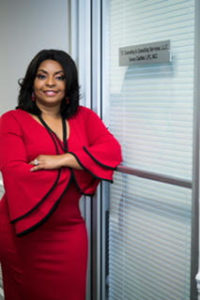
Tammy Cauthen, a Birmingham-based counselor for the past 17 years, said she didn’t realize how much abuse went on in families until she got older because “you were told, ‘Don’t talk about it. Don’t tell.’”
“We’re told to keep secrets,” she said. “What goes on in the household stays in the household.”
Having more open dialogue and letting people know it’s OK to discuss sexual abuse can change the way the community deals with it, said Cauthen, adding that it’s OK to let victims know that “it doesn’t mean you’ve done anything wrong because it happens to you.”
Some cases aren’t reported because the abuse can become “normalized,” said Crystal Mullen-Johnson, a Birmingham-based clinical social worker and therapist who has been providing mental-health counseling for more than 16 years.
“[Some] parents … or relatives aren’t taking action to report [sexual abuse] and get help for their children or individuals who reported it to them,” she said. “I think shame plays a role in why it’s possibly normalized. [There’s the idea that], ‘I will look bad if I talk about it’ or ‘People will judge me, and I will be ostracized because I experienced that.’ It’s such a painful emotion to have to discuss with someone.”
DaNella Knight, a Huntsville, Ala.-based clinical psychologist who has been in practice for the past decade, said there has been a tendency in the black community to “sweep things under the rug,” in addition to the idea of incidents being family business or something not to be shared with the community or others—which isn’t just a black thing, she added.
“When you look at black people, at least black people in American culture, historically, sharing things has often gotten us in trouble,” she said. “Let’s go back to slavery. Running your mouth can make [the slave master] find out what the plans are, and then everyone gets whipped or killed.”
Knight also noted other factors that may explain why sexual abuse isn’t openly discussed.
“We live in a very sexually repressed society, so part of it is [that adults don’t] talk to kids about sex because they … don’t want to stir up those passions in them,” she said. “So, when children get sexually abused, they have no words or language even to explain what’s going on. … That can definitely play into why it’s kept so hush, hush.”
The Effects
Sexual abuse victims often face a lot of distress, counselors say. Many may have flashbacks, for example, something to which Cauthen can relate because she experienced a traumatic event.
“My father was killed in a home invasion, so for many, many years [the sound of] gunshots [very disturbing for me],” she said. “The same thing [happens with] sexual assault. When a person [who has experienced sexual abuse or trauma] is in a relationship … and the other person … wants to have sex, certain types of touches or actions … may lead them to feel as if they’re about to be assaulted again.”
Mullen-Johnson said some clients may experience mood-related symptoms, such as feeling guilt about or blaming themselves for the abuse. The victim may have negative thoughts and ask questions like, “Why me?” If these thought patterns go untreated, the victim may have problems sleeping, for instance, because their thoughts may cause them to have a difficult time falling asleep or result in nightmares that keep them awake.
“It’s like avoidance. [Certain] triggers make a victim avoid those situations,” said Mullen-Johnson. “[He or she] may want to avoid places that are reminders of the trauma that occurred. Say, for instance, someone was raped constantly in the home they were raised in. They will likely try to avoid returning to that place if they can.”
Anxiety can become a problem, too.
“We see anxiety … or maybe even depression, and even
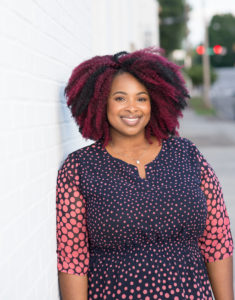
behavioral changes,” said Knight, adding that many studies show a link between early trauma and different health outcomes.
“Things like high blood pressure, cancer, all sorts of different negative health outcomes can result from adverse childhood experiences,” she said. “Sexual trauma or … abuse in childhood would, of course, be considered an adverse childhood experience.”
Knight also pointed out how the home environment makes a difference.
“There will be a huge difference between a brain of a child who has secure attachments, can depend on their caregivers, and has a safe environment, [compared with that of] a child who is constantly in fear [and] having to watch out for themselves,” she said. “They’re just going to have totally different outlooks, … and naturally they’re going to have different outcomes and probably make different choices. [The child who grew up in fear] may not make the healthiest choices, may drink more, might smoke, might not … choose healthy food.”
What to Do
People who experience sexual abuse or have been sexually assaulted should not remain silent, said Mullen-Johnson.
“Disclose what happened because safety is first,” she said. “I always think of safety because [people] need to protect themselves from [the incident] reoccurring. Now, of course, [there may be] fear associated with disclosing [the abuse or assault] because they’re thinking, ‘OK what’s going to happen? … How will my relatives respond? How is this going to affect the environment I’m living in?’”
It’s important that communities provide resources, so victims have someone or someplace that can provide professional and medical attention.
“It’s most important that [the person to whom] abuse is being reported [will] listen and not challenge the victim,” Mullen-Johnson said. “I see that often. [In some instances, the victim is told], ‘That didn’t happen to you’ or ‘You’re lying.’ Just being heard or listened to and supported … is helpful.”
Knight said a strong support network is important, as well: “If you have one person that believes in you and supports you, that can totally change your life. … It can definitely help you to make it [despite] whatever you’re going through.”
Sexual abuse victims who speak out must be comfortable enough to talk about what happened.
“With a lot of the stuff that’s going on in the news now, … some of [those women] got the courage [to speak out] because somebody else said something,” said Cauthen. “Some [victims] may never get the courage to really say what actually happened.”
Click here to read stories from Part I of our Survivors of Sexual Assault series: April Richardson; Angel Warren; Aiechia House; Lashaundria Brown.
This post was updated on February 18, 2019 at 12:28 p.m. to correct that Knight is a clinical psychologist.



